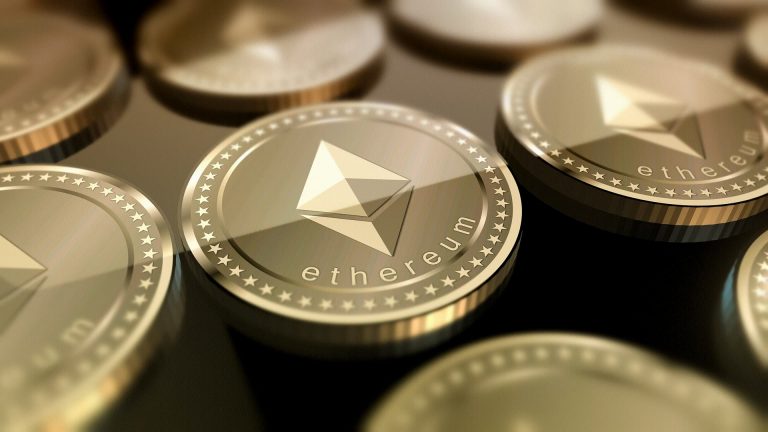
In brief:
- The owner of the Ethereum address that paid approximately $5 Million in ETH fees has finally been identified.
- According to the team at PeckShied, it belongs to a small P2P exchange in Korea called Good Cycle.
- The Good Cycle crypto exchange appears to be a Ponzi Scheme.
The mystery owner of the Ethereum address that paid over $5 Million in ETH mining fees over two transactions has finally been identified. According to the team at PeckShied Inc, the address belongs to a small Peer-to-peer exchange in Korea called Good Cycle. The Peckshield Inc. team has gone further to postulate that the crypto exchange is most likely a Ponzi Scheme with minimal online security safeguards such as the use of HTTPS on their web domain.
We have identified the victim, a small P2P exchange in Korea called Good Cycle, which appears to be a Ponzi Scheme project. Our investigation found that their security is really lacking, e.g., using HTTP instead of HTTPS, and could be easily hacked.
Below is the tweet from Peckshield that follows up on the earlier mentioned theory by Vitalik Buterin suggesting the high ETH fees were a form of ransom.
Update: We have identified the victim, a small P2P exchange in Korea called Good Cycle, which appears to be a Ponzi Scheme project. Our investigation found that their security is really lacking, e.g., using HTTP instead of HTTPS, and could be easily hacked.
— PeckShield Inc. (@peckshield) June 16, 2020
Ethereum Address Belonging to A Ponzi Could be Why ETH Fees were Eventually Paid out to Miners
The two mining pools – SparkPool and EtherMine – that handled the ETH transactions had earlier last week requested the owner of the Ethereum address to contact them for further discussions. Both mining pools were open to the idea of returning some or all of the mining fees if it was a legitimate mistake and the owner of the address was positively verified.
However, both StarkPool and EtherMine have since decided to distribute the $5 Million in ETH fees to miners as no genuine owner had contacted them regarding the Ethereum address. In the case of EtherMine, the mining pool announced that they would henceforth not interfere with future payouts of large ETH transaction fees.
Perhaps the decision by both mining pools to proceed in rewarding miners for processing the ETH transactions is proof that they too had identified that the Ethereum address belonged to a possible Ponzi Scheme.
